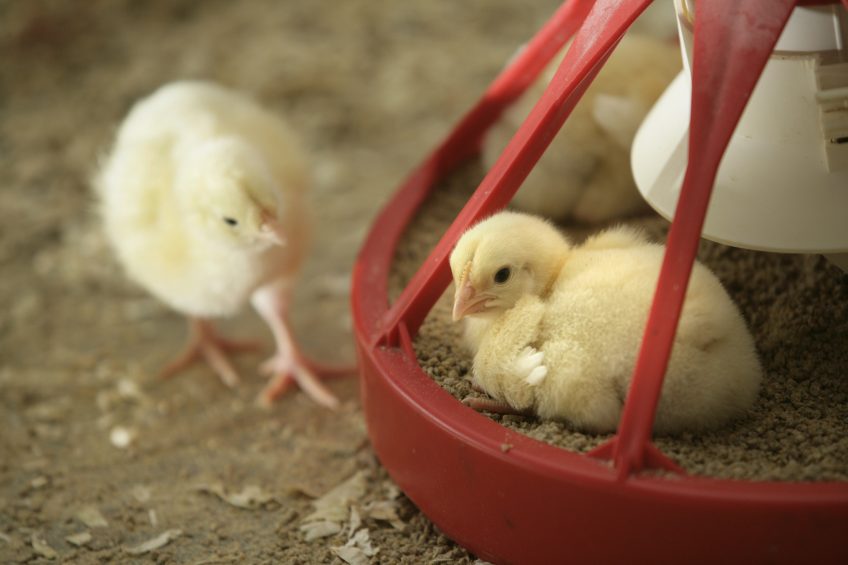Turning industrial waste into poultry fodder

Proteins retrieved from yeast produced in the production of bioethanol from fermented cereals can be repurposed to be used in poultry feed.
Researchers led by Dr Emily Burton, from Nottingham Trent University, have come up with a way to separate the protein from the waste yeast and showed that it contains nutrients that are easily digestible by chickens.
This patented process could provide a cost-competitive alternative to soya-based protein and other feed given to broilers.
While the process has already been taken up in the United States, which is using it alongside bioethanol production, experts believe the system could lead to global production of 3 million tonnes of protein being derived from waste matter.
Supported financially by AB Agri, the agricultural division of Associated British Foods and the Engineering and Physical Sciences Research Council through an Industrial CASE studentship award, the funding allowed Dr Burton to build a small, simple poultry research facility.
Dr Burton said: “I’ve always had a close relationship with industry. This allows me and my team to really understand the problems and challenges companies face, so we try to direct research projects to focus on problem-solving.”
The establishment of the facility has led to a burgeoning programme of activities and a Knowledge Transfer Partnership with Plymouth University, enabling the team to demonstrate that the protein could also be fed to fish, such as farmed salmon.
Dr Pete Williams, of AB Agri, said the liquid protein extracted during the process has essentially become the most valuable component, more so than the bioethanol.
“Our story is similar to that of the soya bean, which was originally processed to produce oil but is now grown for the meal. The key is that our bioprocessed meal will be produced from non-GM English wheat crop and will replace imported soya bean meal.”
In parallel with the EPSRC funding, the Nottingham Trent researchers were also given a Biotechnology and Biological Sciences Research Council (BBSRC) grant, which enabled PhD student Harriet Lea to work with animal health company Alltech UK3 to establish the mode of action of a prebiotic chicken food supplement.












